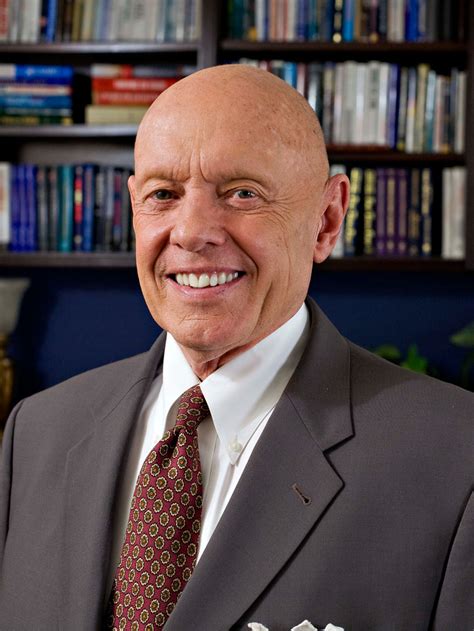A Quote by Andy Andrews
Curiously, a principle affects your life whether you are aware of it or not. For instance, the principle of gravity was working long before the apple ever fell on Newton's head. But once it did, and he understood it, then we as a society were free to harness this principle to create, among other things, airline flight.
Related Quotes
So, The Color Purple changed my life. It changed everything about my life because, in that moment of praying and letting go, I really understood the principle of surrender. The principle of surrender is that, after you have done all that you can do, and you've done your best and given it your all, you then have to release it to whatever you call God, or don't call God.
Honesty is a principle. Service is a principle. Love is a principle. Hard work is a principle. Respect, gratitude, moderation, fairness, integrity, loyalty, and responsibility are principles. There are dozens and dozens more. They are not hard to identify. Just as a compass always points to true north, your heart will recognize true principles.
The one great principle of the English law is, to make business for itself. There is no other principle distinctly, certainly, and consistently maintained through all its narrow turnings. Viewed by this light it becomes a coherent scheme, and not the monstrous maze the laity are apt to think it. Let them but once clearly perceive that its grand principle is to make business for itself at their expense, and surely they will cease to grumble.



































